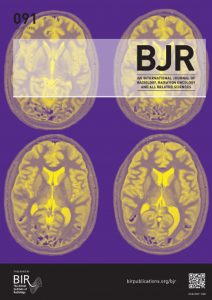 A radiology journal has published an addendum to a 2005 review on cancer imaging techniques, alerting readers to figure duplication.
A radiology journal has published an addendum to a 2005 review on cancer imaging techniques, alerting readers to figure duplication.
But that’s not what caught our attention about this case. The addendum, published in January, is the third notice that The British Journal of Radiology (BJR) has issued for the 2005 review by Hedvig Hricak, chair of the Department of Radiology at Memorial Sloan Kettering in New York City. The notices, published between 2014 and 2018, all describe duplication.
Why the series of notices, all describing a similar problem? Continue reading Highly cited paper by dep’t chair at Sloan Kettering is corrected — three times
 Title:
Title: 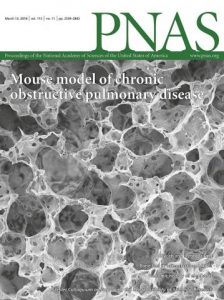
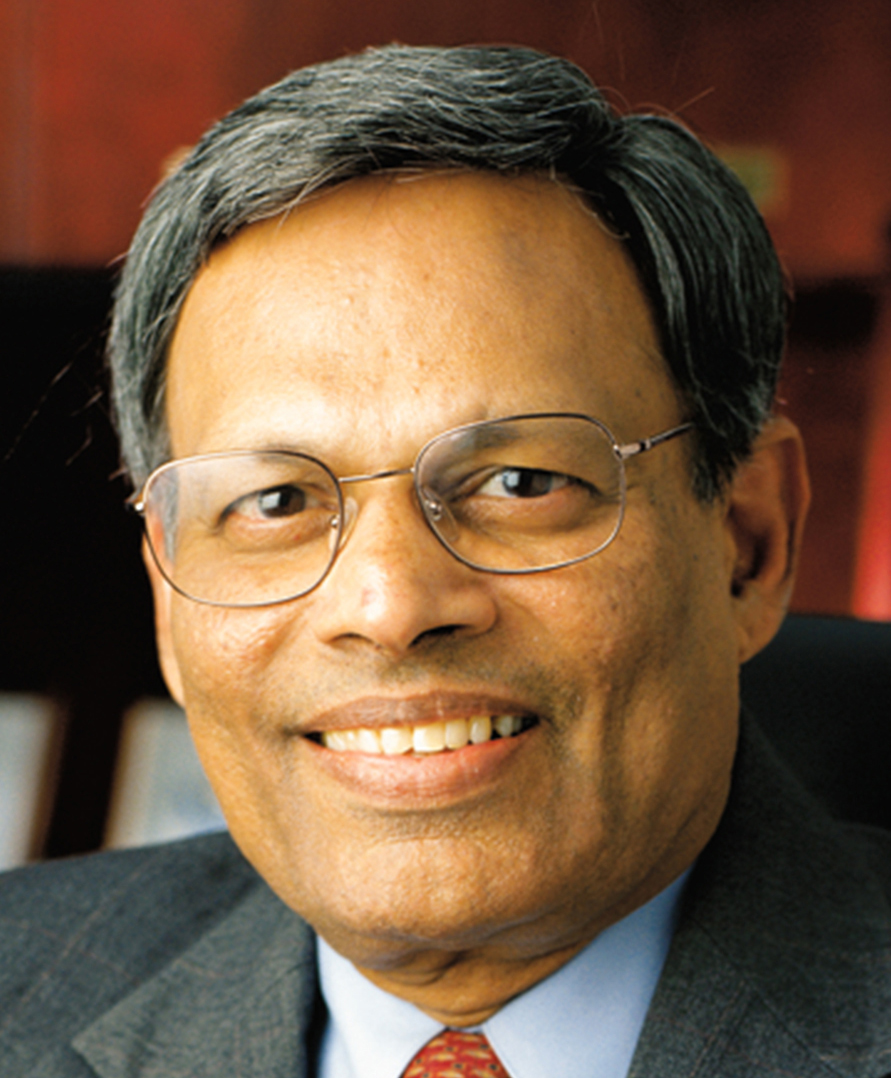

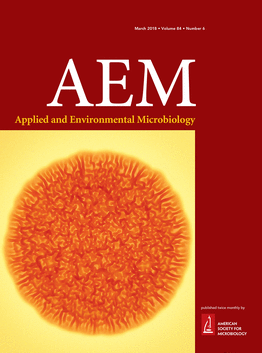 A biology journal has retracted a 2011 paper after the
A biology journal has retracted a 2011 paper after the 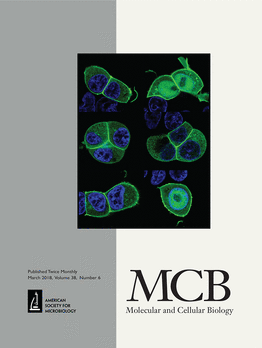 A researcher who is
A researcher who is 

 A journal has retracted a
A journal has retracted a